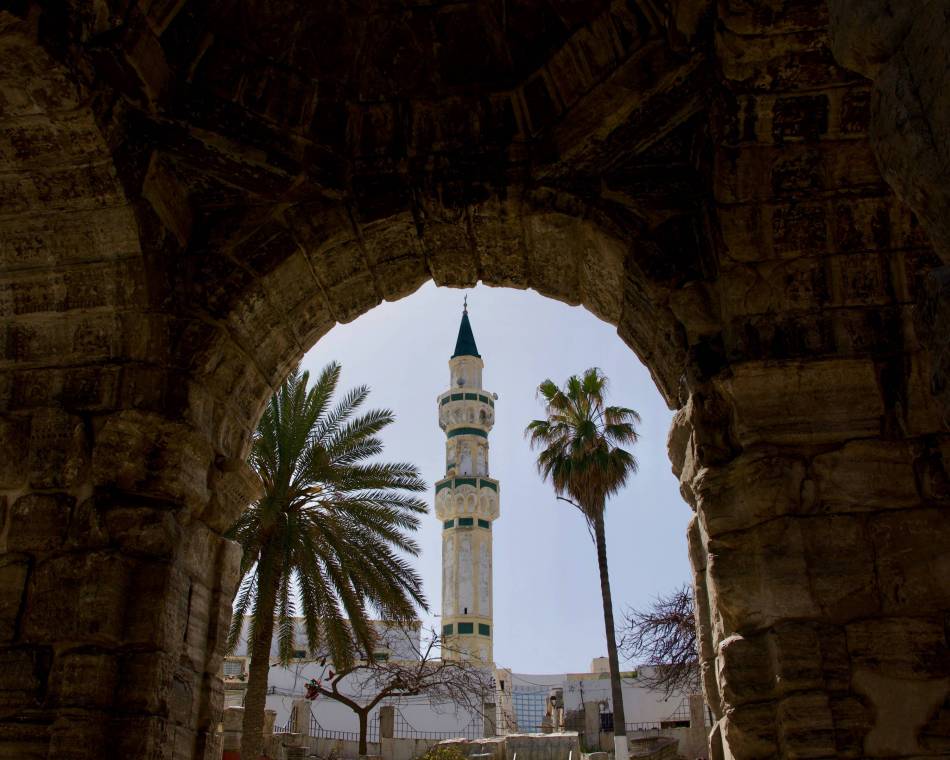Calling it "a new phase for peace in Libya," Germany's Foreign Ministry and the United Nations wrapped up its second conference on Wednesday for Libya’s transitional government and 16 other countries with a joint statement confident of holding scheduled elections at the end of the year.
The Berlin conference was a follow-up to one in January 2020, when heads of Libya’s two main warring factions and leaders of 11 nations met for U.N.-supported talks where they agreed to set up a cease-fire committee and respect a widely ignored arms embargo.









